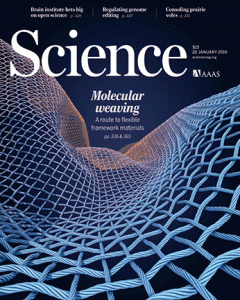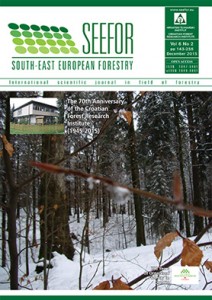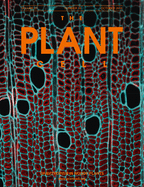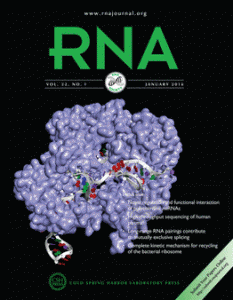 EMBO has taken back an award given to beleaguered plant biologist Olivier Voinnet in 2009, and is investigating a recent grantee who had a paper retracted from Nature Genetics yesterday.
EMBO has taken back an award given to beleaguered plant biologist Olivier Voinnet in 2009, and is investigating a recent grantee who had a paper retracted from Nature Genetics yesterday.
The European Molecular Biology Organization (EMBO) “promotes excellence in the life sciences” in Europe, in part by awarding prizes to promising young scientists. Voinnet and Sonia Melo earned their awards by exhibiting potential as young scientists studying genetics — of plants and cancer, respectively — but now EMBO is skeptical of the papers that formed the basis of their applications.
Melo’s Installation Grant from EMBO was announced just last month, and consists of 50,000 Euros annually for three to five years. She is currently based at the University of Porto, in Portugal.
Voinnet’s problems are well-documented on this blog — 21 corrections, seven retractions, and two investigations. Earlier this week, we reported that the Swiss National Science Foundation had cut off Voinnet’s funding, and banned him for three years. Continue reading EMBO takes back Voinnet’s award, investigates other awardee who just lost a Nature Genetics paper





 A 2010 paper on plant fungus has been retracted after a comment on PubPeer revealed that a study image had been flipped over and reused to represent two different treatments.
A 2010 paper on plant fungus has been retracted after a comment on PubPeer revealed that a study image had been flipped over and reused to represent two different treatments.
